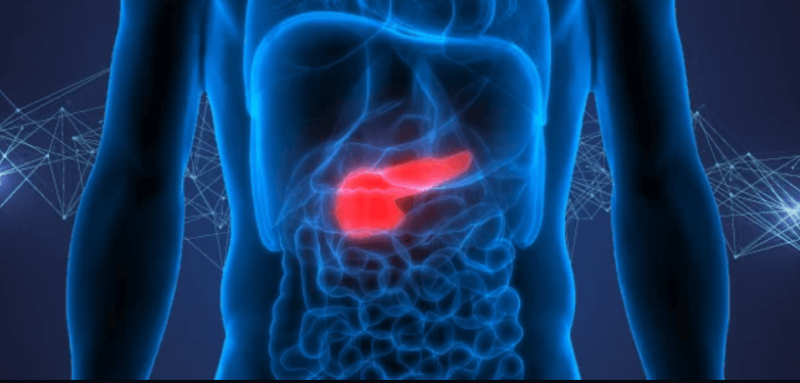In a novel experiment, a woman with advanced pancreatic cancer saw her tumors dramatically shrink after researchers in Oregon turbocharged her own immune cells, highlighting a possible new way to someday treat a variety of cancers.
Kathy Wilkes isn’t cured but said what’s left of her cancer has shown no sign of growth since the one-time treatment last June.
“I knew that regular chemotherapy would not save my life and I was going for the save,” said Wilkes, of Ormond Beach, Florida, who tracked down a scientist thousands of miles away and asked that he attempt the experiment.
The research, published [June 1] in the New England Journal of Medicine, explores a new method of harnessing the immune system to create “living drugs” able to seek and destroy tumors.
Dr. Eric Rubin, the New England Journal’s top editor, said the study raises the possibility of eventually being able to target multiple cancer-causing mutations.
“We’re talking about the chance to distinguish tumor cells from non-tumor cells in a way that we never could before,” he said.
…
Six months after a transfusion of the altered cells, her tumors had shrunk by 72% — and Wilkes said recent checkups show her disease remains stable.































